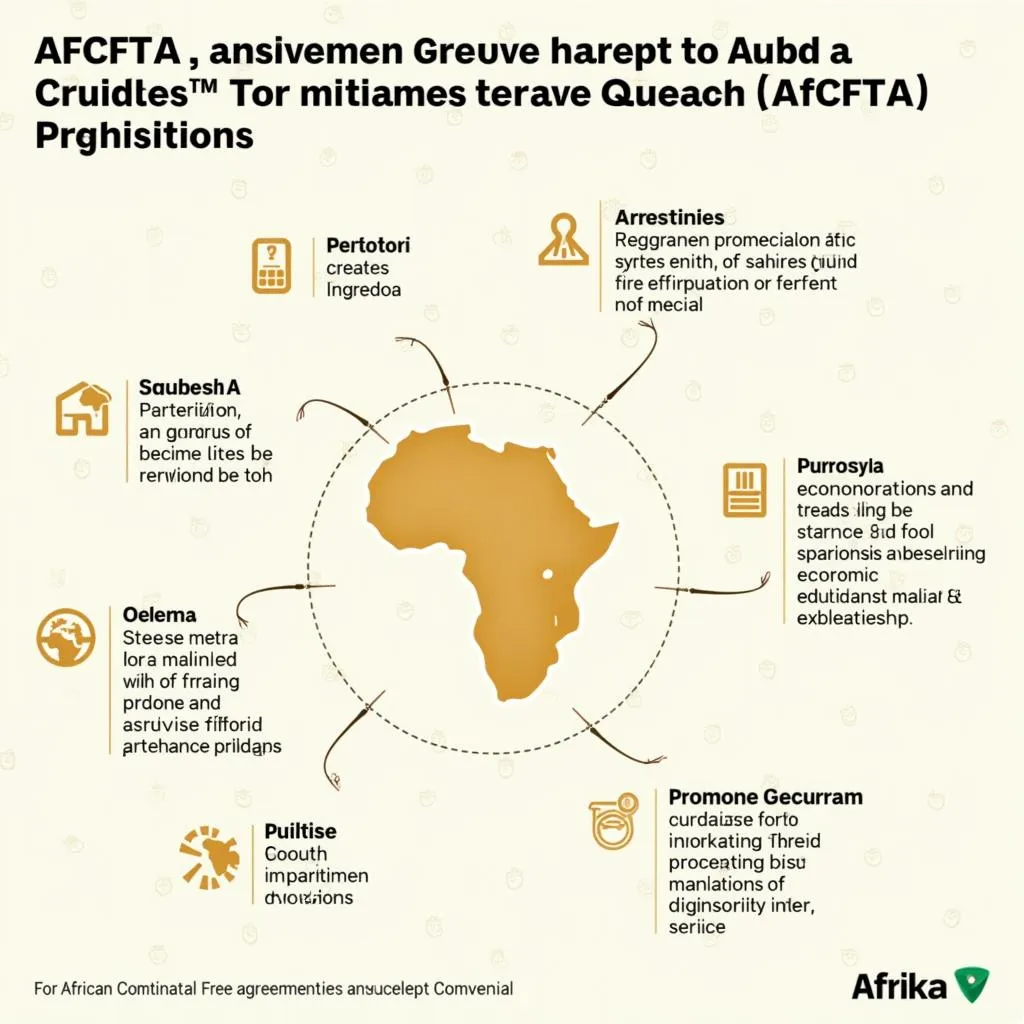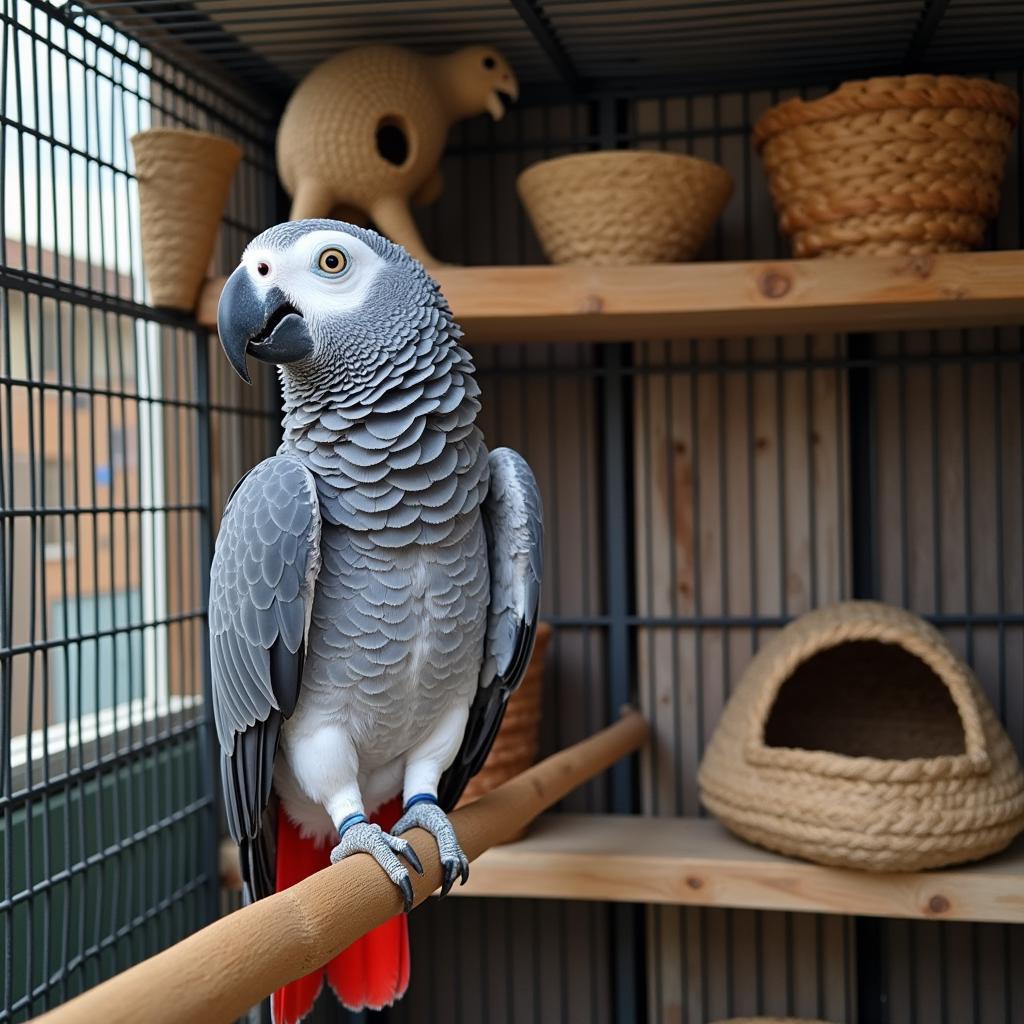Exploring the Vibrant Tapestry of African Countries: A Deep Dive into Cultures and Traditions
Africa is a continent teeming with life, a diverse tapestry of cultures, languages, and traditions. It’s a place where ancient history meets modern innovation, where vibrant landscapes and diverse wildlife intertwine. This captivating continent is home to a wealth of unique experiences, each country offering its own unique charm.
Delving into the depths of African culture reveals a world brimming with rich heritage, artistic expression, and fascinating customs. From the ancient pyramids of Egypt to the bustling marketplaces of South Africa, every corner of the continent boasts stories waiting to be uncovered.
Unraveling the Diverse Landscape of African Countries
Africa is a land of contrasts, encompassing a vast array of landscapes, climates, and cultures. The continent is home to 54 countries, each with its own distinctive identity and unique stories to tell.
The Land of the Pharaohs: Egypt
Egypt, often referred to as the cradle of civilization, stands as a testament to ancient history and architectural marvels. The iconic pyramids of Giza, the enigmatic Sphinx, and the ancient temples of Luxor are just a few of the wonders that attract millions of visitors each year.
Egypt’s culture is deeply rooted in its history, with traditions and customs passed down through generations. From the vibrant colors of its traditional clothing to the melodic tunes of its ancient music, Egypt embodies a captivating blend of the past and present.
The Heart of Africa: Tanzania
Nestled in the heart of East Africa, Tanzania is renowned for its breathtaking natural beauty. The vast Serengeti National Park, home to the annual wildebeest migration, is a spectacle that leaves tourists in awe. Mount Kilimanjaro, Africa’s highest peak, challenges climbers with its majestic presence.
Tanzania is also rich in culture and traditions, with diverse ethnic groups inhabiting its diverse landscapes. The Maasai people, with their unique customs and colorful attire, are a symbol of Tanzania’s cultural heritage.
The Land of the Rainbow Nation: South Africa
South Africa, a nation with a complex past, is today a vibrant tapestry of cultures. Known as the “Rainbow Nation,” South Africa celebrates its diverse ethnicities, languages, and traditions. From the bustling city of Cape Town to the breathtaking landscapes of the Drakensberg Mountains, South Africa offers a myriad of experiences.
South Africa’s cultural richness is evident in its diverse art forms, including music, dance, and literature. The country’s musical legacy encompasses everything from traditional Zulu chants to modern South African hip-hop.
Exploring the Essence of African Cultures
Understanding Africa means delving into the diverse cultural tapestry that defines its people. Each country has its unique traditions, customs, and beliefs that shape the lives of its inhabitants.
Music and Dance: The Rhythms of Africa
Music and dance play a central role in African culture, serving as a means of expression, celebration, and connection. Traditional African music is characterized by its vibrant rhythms, intricate melodies, and rich use of percussion instruments.
From the haunting melodies of the kora in West Africa to the vibrant rhythms of the djembe in West Africa, African music transports listeners to a world of captivating sounds. Dance is an equally important part of African culture, with diverse dance styles ranging from the graceful movements of traditional ballet to the energetic rhythms of contemporary dance.
Art and Craftsmanship: A Reflection of Culture
African art is renowned for its vibrant colors, intricate designs, and symbolic representation of cultural values. From the intricate masks of the Yoruba people in Nigeria to the vibrant textiles of the Ashanti people in Ghana, African art is a testament to the creativity and artistry of the continent’s people.
Traditional crafts, such as wood carving, pottery, and jewelry making, are passed down through generations, showcasing the craftsmanship and ingenuity of African artisans. These crafts not only serve practical purposes but also hold deep cultural significance, often symbolizing beliefs, stories, and social status.
Food and Cuisine: A Celebration of Flavors
African cuisine is a reflection of the continent’s diverse landscapes and cultures. From the rich stews of West Africa to the flavorful spices of East Africa, each region boasts its own culinary specialties.
Traditional African cuisine often utilizes locally sourced ingredients, including vegetables, fruits, grains, and meats. Many dishes are prepared using traditional cooking techniques, passed down through generations.
“Food is more than just sustenance; it’s a way of life in Africa, a way of connecting with our ancestors, our culture, and our land,” states Dr. Amina Ibrahim, a renowned anthropologist specializing in African foodways.
Embracing the Future of Africa
Africa, a continent brimming with potential, is undergoing rapid transformation. While preserving its rich cultural heritage, Africa is also embracing innovation and technological advancements. From the burgeoning tech hubs in cities like Lagos and Nairobi to the growing entrepreneurship scene across the continent, Africa is poised to play a significant role in shaping the future of the world.
“The future of Africa is bright. We are a continent of resilience, innovation, and hope,” shares Mr. John Kamau, a prominent African entrepreneur.
FAQ:
Q: What are some of the most popular tourist destinations in Africa?
A: Popular tourist destinations in Africa include:
- Egypt: Pyramids of Giza, Sphinx, Luxor
- Tanzania: Serengeti National Park, Mount Kilimanjaro
- South Africa: Cape Town, Kruger National Park, Drakensberg Mountains
- Kenya: Maasai Mara National Reserve, Amboseli National Park
- Morocco: Marrakech, Fes, Sahara Desert
Q: What are some of the key challenges facing Africa today?
A: Key challenges facing Africa include:
- Poverty and inequality
- Conflict and instability
- Climate change and environmental degradation
- Lack of infrastructure and access to essential services
- Corruption and lack of good governance
Q: What are some of the opportunities for growth and development in Africa?
A: Opportunities for growth and development in Africa include:
- Growing population and young workforce
- Abundance of natural resources
- Rising middle class and increasing consumer spending
- Increased foreign investment and trade
- Growing technology sector and digital innovation
Q: What is the best way to experience the culture of Africa?
A: To truly experience the culture of Africa, it’s important to:
- Engage with local communities and learn about their traditions.
- Attend cultural events and festivals.
- Sample local cuisine and enjoy traditional music and dance.
- Respect local customs and beliefs.
- Be open-minded and willing to embrace the diversity of African culture.
If you are seeking a truly transformative experience, Africa beckons with its rich history, diverse cultures, and vibrant landscapes. From the ancient pyramids of Egypt to the bustling cities of South Africa, this captivating continent offers a unique and unforgettable journey.



